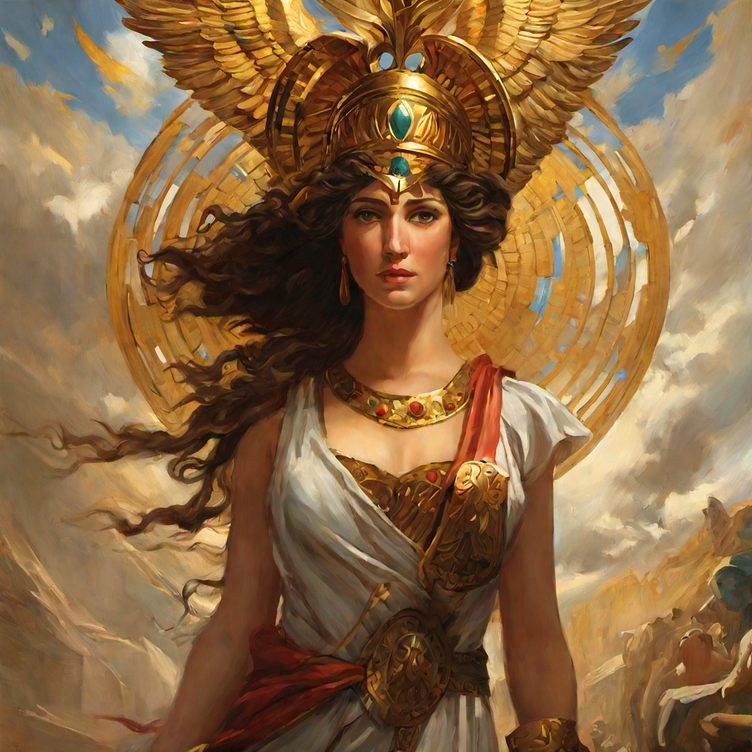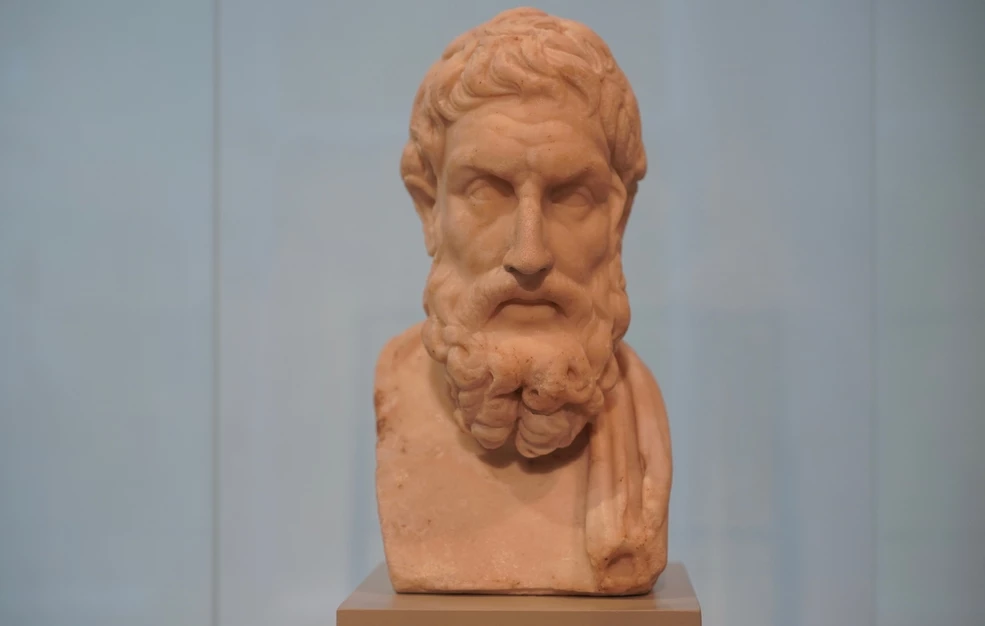The ancient Greek world is often celebrated for its profound contributions to philosophy, art, and politics. However, the narratives of women in this storied culture often remain shrouded in myth, confined to the domestic sphere, or overshadowed by their male counterparts. This blog explores the lives of women who defied these limitations, whether through historical deeds, legendary tales, or the enduring influence of mythical archetypes.
Mythical Figures: Goddesses and Heroines
Greek mythology offers a fascinating lens through which to view women’s roles and perceptions in ancient Greece. These stories, while fictional, reflect cultural values and aspirations, showcasing women in roles of power, intelligence, and resilience.
Athena: The Goddess of Wisdom and Strategy
Athena, one of the twelve Olympian deities, symbolizes wisdom, strategy, and warfare. She was revered not only as a goddess but also as a cultural icon. The city of Athens, named in her honor, underscores her significance in shaping Greek identity. Her mythological role as a protector of heroes like Odysseus in The Odyssey highlights the value placed on intellect and cunning over brute strength.
Penelope: The Paragon of Loyalty
In Homer’s The Odyssey, Penelope stands as a testament to loyalty and resilience. For twenty years, she manages her household and fends off persistent suitors while waiting for Odysseus’ return. Her cleverness in weaving and unraveling a shroud to delay remarriage showcases the wit and agency often attributed to women in Greek myths.
Medea: A Controversial Figure of Power
Medea, a sorceress and central figure in Euripides’ tragedy, is a powerful yet polarizing character. Her intelligence, magic, and agency challenge traditional gender norms, though her ultimate actions make her a deeply tragic figure. Medea’s story reveals the complexities of women’s roles as both nurturers and disruptors.
Historical Figures: Women Who Shaped Greek Society
While much of ancient Greek history focuses on men, several women left indelible marks on their society and beyond.
Aspasia of Miletus (470-400 BCE)
Aspasia, a philosopher and companion of Pericles, played a significant role in Athenian society. Known for her intelligence and oratory skills, she was influential in shaping political discourse during the Golden Age of Athens. Despite living in a male-dominated world, Aspasia’s salon attracted leading thinkers of the time, including Socrates.
Gorgo of Sparta (c. 506 BCE – ?)
Queen Gorgo, wife of King Leonidas of Sparta, exemplifies the strength and independence attributed to Spartan women. She is remembered for her political acumen and for urging Spartan men to fight for their freedom against the Persian invasion. Her famous quote, “Come back with your shield or on it,” encapsulates Spartan ideals of bravery and sacrifice.
Artemisia I of Caria (5th Century BCE)
Artemisia, a naval commander and ally of Persia during the Greco-Persian Wars, was a remarkable exception to the male-dominated world of military leadership. Her strategic prowess at the Battle of Salamis earned her respect even from her adversaries. Her story demonstrates that women, though rare in such roles, could hold positions of power and influence.
Cultural Contributions: Women in Art, Literature, and Religion
Sappho of Lesbos (c. 630-570 BCE)
Known as one of the greatest lyric poets of antiquity, Sappho’s works explore themes of love, desire, and personal reflection. Her poetry, written in Aeolic Greek, provides invaluable insight into the emotional and social lives of women in her time. Though much of her work survives only in fragments, her influence on Western literature is undeniable.
The Pythia: Oracle of Delphi
The Pythia, or the priestess of Apollo at Delphi, held a uniquely powerful role in ancient Greece. As the voice of the god, she provided counsel to individuals and city-states alike. Her influence on major decisions, from war strategies to religious practices, underscores the spiritual and political weight women could wield in religious contexts.
Women as Artists and Patrons
Though overshadowed by their male counterparts, women in ancient Greece contributed to the arts as weavers, potters, and even painters. Textiles, often crafted by women, were not just practical items but also a form of storytelling and cultural expression. Wealthy women also served as patrons of temples and religious festivals, further cementing their role in public life.
Reality Check: The Lives of Everyday Women
For most women in ancient Greece, life was far from the extraordinary tales of myth and legend. Their roles were largely confined to the home, where they managed households, raised children, and produced textiles. Education was typically limited to the elite, and political rights were virtually nonexistent. However, regional differences existed:
Athenian Women: Expected to remain secluded, their lives revolved around domestic duties. Public appearances were rare and usually limited to religious festivals.
Spartan Women: Known for their relative freedom, they were encouraged to engage in physical training, own property, and participate in public life to some extent.
Women in Other City-States: Roles and freedoms varied widely, with some regions offering more opportunities for women in trade and religious roles.
Bridging Myth and Reality
The stories of ancient Greek women, whether mythological or historical, reveal a complex tapestry of roles and identities. While myths like those of Athena and Medea highlight women’s intellectual and emotional power, figures like Aspasia and Artemisia demonstrate their capacity to influence real-world events. Understanding the lives of everyday women provides essential context, reminding us that history is shaped by both the extraordinary and the ordinary.
As we uncover these narratives, we gain a richer understanding of ancient Greek society and the enduring legacy of its women, whose stories continue to inspire and challenge us today.











